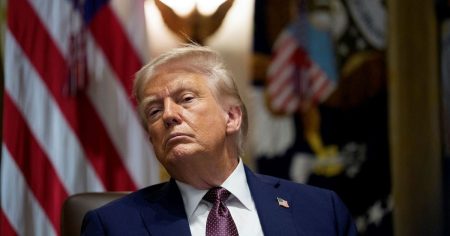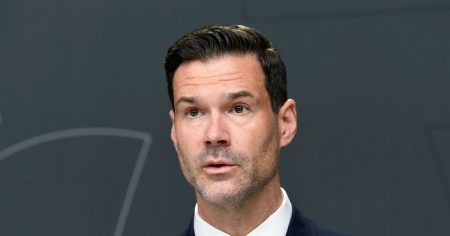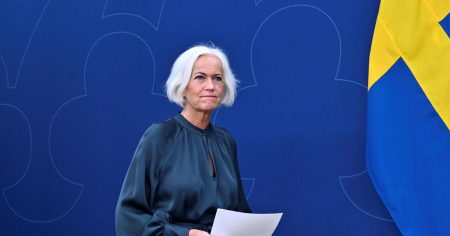The Landerholm Affair: A Deep Dive into the Controversy Surrounding Sweden’s National Security Advisor
The resignation of Henrik Landerholm as Sweden’s National Security Advisor has sparked a flurry of complaints to the Constitutional Committee (KU) of the Riksdag, the Swedish Parliament. The controversy centers on several key issues, including Landerholm’s close personal relationship with Prime Minister Ulf Kristersson, the handling of potentially classified documents, and the decision not to file a police report regarding these documents. The affair has ignited a political firestorm, with opposition parties questioning Kristersson’s judgment and demanding a thorough investigation into the circumstances surrounding Landerholm’s appointment and subsequent resignation.
The initial spark for the current controversy came from the revelation that Landerholm had left documents, potentially containing sensitive information, at a course center. This discovery raised concerns about the security protocols within the government and the potential compromise of classified information. Adding fuel to the fire was the revelation that the government initially opted not to report the incident to the police. This decision, along with the government’s perceived lack of transparency regarding the incident, drew sharp criticism from opposition parties. The ensuing public outcry, coupled with the ongoing questions about Landerholm’s appointment, ultimately led to his resignation.
The heart of the controversy lies in the close personal relationship between Landerholm and Kristersson. Critics argue that this friendship potentially influenced Landerholm’s appointment, bypassing standard recruitment procedures and raising questions about potential conflicts of interest. Opposition parties have also questioned whether a proper security clearance was conducted before Landerholm assumed his role, given the sensitive nature of the position. The Social Democrats, in particular, have been vocal in their criticism, drawing parallels to previous controversies surrounding appointments made by former Moderate Party leader Anna Kinberg Batra. They argue that Kristersson’s handling of Landerholm’s appointment demonstrates a disregard for established procedures and a potential prioritization of personal relationships over national security concerns.
The opposition parties have lodged formal complaints to the KU, demanding a full investigation into the matter. They argue that Kristersson has not been forthcoming with information and has failed to adequately address the concerns raised. The complaints highlight several key areas of concern, including the delayed release of relevant documents, the circumstances surrounding the documents left at the course center, and the decision not to involve the police. They also question whether Kristersson’s personal relationship with Landerholm influenced the government’s handling of the situation. The KU has already conducted a preliminary review of Landerholm’s appointment earlier in 2023, focusing on potential conflicts of interest, but this new wave of complaints necessitates a deeper investigation.
The Social Democrats, represented by Peter Hultqvist, have been particularly critical of the government’s handling of the situation. Hultqvist has questioned whether standard recruitment procedures were followed in Landerholm’s appointment and has demanded a thorough investigation into the entire process. He has also raised concerns about the potential lack of a proper security clearance and the absence of reference checks, emphasizing the importance of adhering to established protocols, particularly for sensitive positions like National Security Advisor. Hultqvist has compared the situation to previous controversies involving political appointments, arguing that Kristersson’s actions demonstrate a disregard for established procedures and a prioritization of personal connections over merit and national security.
The Landerholm affair has raised serious questions about transparency and accountability within the Swedish government. The opposition’s calls for a thorough investigation by the KU reflect a broader concern about the potential influence of personal relationships on political decision-making. The controversy also highlights the importance of robust security protocols and the need for clear procedures regarding the handling of sensitive information. The KU’s investigation will be crucial in determining the full extent of the situation and addressing the concerns raised by the opposition parties. The outcome of the investigation will likely have significant implications for the Kristersson government and could potentially reshape the political landscape in Sweden.














